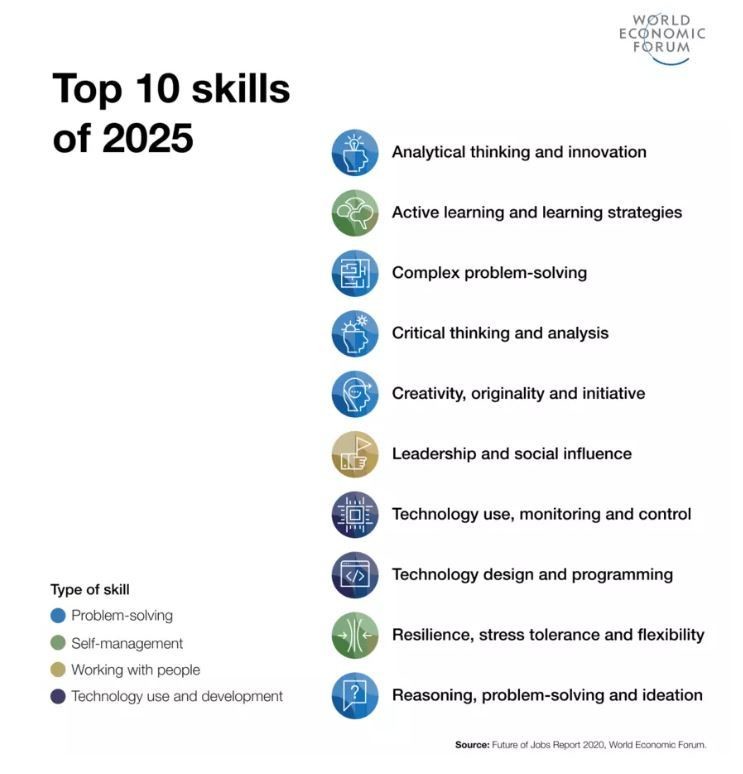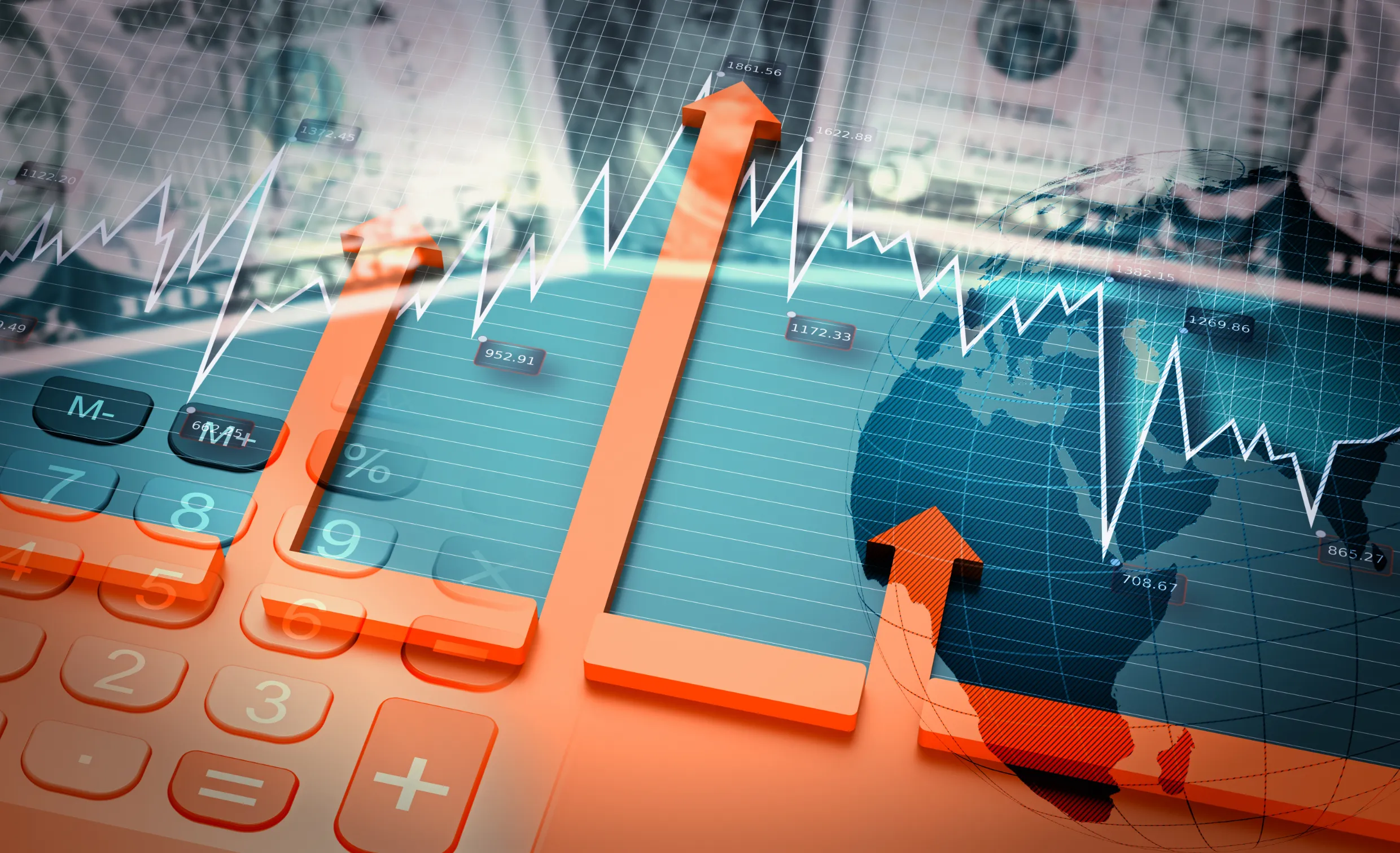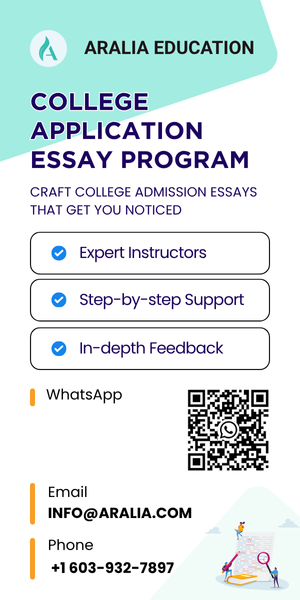1. What is Economics?
Economics is more than just mathematics; it is an interdisciplinary study, including disciplines such as psychology, finance, sociology, law, etc. At its core, economics is really a study of people because it studies how individuals, families, businesses, governments, and societies allocate available resources. Many people confuse finance with economics, but they serve different functions within the larger field of business.
There are two branches within economics: microeconomics and macroeconomics. Microeconomics studies individuals and firms making financial and resource decisions, supply and demand, and the allocation of resources on an individual level. On the other hand, macroeconomics studies a society’s overall economy, both nationally and internationally. It focuses on elements such as Gross Domestic Product, employment, inflation, etc.
2. Why should you study Economics in high school?
Now that we have discussed the basics of economics, why should students take Economics courses in high school– or even earlier, in middle school?
Students who study economics gain a strong understanding of the overall market and equip themselves with valuable soft skills that benefit their long-term personal and professional development. Let’s find out why:
Economics helps you make a better decision about your spending habits
Because economics studies how people and the market behave, you will gain insights into market fundamentals and people’s decision-making processes. The study of economics can even be as simple as going to the grocery store and observing how people purchase products. You will realize how much people’s emotional and irrational thoughts influence the products they buy. Indirectly, you will begin to understand your own spending habits and financial decisions. By comparing your habits to those of other people in response to the market, you will be able to adjust your spending habits and make more financially sound decisions.
In addition to personal finance, the study of economics will help you see the world through a new lens. Economics will help you start to understand everything from the meaning behind global economic news, to how that information shapes the public policy of different countries.
For example, in 2023, the United States was confronted with the announcement of inflation rising 4% in May relative to the year before. By studying economics and taking Macroeconomics, you will learn that a high inflation rate means a rising economy – people have a surplus of cash or access to a lot of credit, leading to a rise in prices among businesses and companies. Using that information, you will start to notice changes in the cost of bubble tea, or grocery prices in your daily life, and be able to connect inflation to the market’s performance and how it affects both the poor and the rich. You will learn to make specific strategic financial decisions and educate others by staying informed of the latest economic news.
Develop a range of transferable skills
By studying economics, you will develop transferable skills such as problem-solving, data analysis, organization, time management, resource management, and risk management. All of these skills are important and useful across all fields of study.

According to the World Economic Forum, the top 10 skills of 2025 fall under four categories: problem-solving, self-management, cooperation, and technology use. Students who study economics are already equipped with all the skills listed in the problem-solving category. The other three skill categories can be easily taught and improved throughout high school and college.
Additionally, if you study economics in high school and decide to pursue a Marketing major within the business field in college, you will see that career options like Marketing Analyst or Campaign Manager require strong analytical, organizational, and communication skills which you acquired from studying economics in high school. The study of economics will also help you understand human behavior, which is the core focus of Marketing, since it deals with understanding customers’ behavior and persuading them to buy new products. Therefore, studying economics in high school will be beneficial no matter what degree you choose to pursue in college.
Improve your career prospects
Studying economics gives you access to extensive career opportunities because of the aforementioned transferable skills. College graduates with economics majors find jobs in accounting, banking, consulting, entertainment, and technology fields doing analyst-related roles. Students also have the option to pursue graduate school. Studying economics fully prepares students for business related graduate work, since an MBA degree requires a strong understanding of business: from finance, accounting, management and marketing, to economics.
Even with the large variety of careers, jobs in the field of economics offer a financially stable future. According to the U.S. Bureau of Labor Statistics, economic-related roles like economists, financial analysts, or market research analysts make a minimum of $65,000 per year, which is significantly higher than the national median of $35,977.
Overall, even just taking economics in high school can give you the foundational knowledge to be more successful in your future career path.
3. How to study Economics?
There are various ways for students to get involved in learning economics. The most straightforward way to learn Economics is by taking high school classes, but students can also study and practice Economics by conducting economic research with teachers and faculty advisors, participating in economics or entrepreneurship clubs for competitions, registering for high school economics internships, and studying on their own. For detailed information about these options, please refer to the Guide to Economics Classes in High School/
Register for Economics class in school
In high school, you will have many Economics classes to choose from, from regular classes to more advanced courses like AP or Honors classes. High school Economics classes will introduce you to foundational Economics concepts. If you’re having trouble deciding, Microeconomics is a good starting point because it applies to our daily lives. After microeconomics, macroeconomics is an excellent next step.
Study on your own
Aside from studying in school, you can also watch economics videos or read books to supplement your understanding. With self-study, you have more freedom and flexibility regarding what you choose to study and your learning pace. When studying Economics, it is essential to improve one’s math skills, especially statistics or calculus. Therefore, while learning economic concepts, you should also brush up on the mathematical aspects of economics.
Many online courses are available for self-study; for example, Khan Academy, Coursera, and YouTube. Aralia is also offering many Economics courses for students in any levels.











